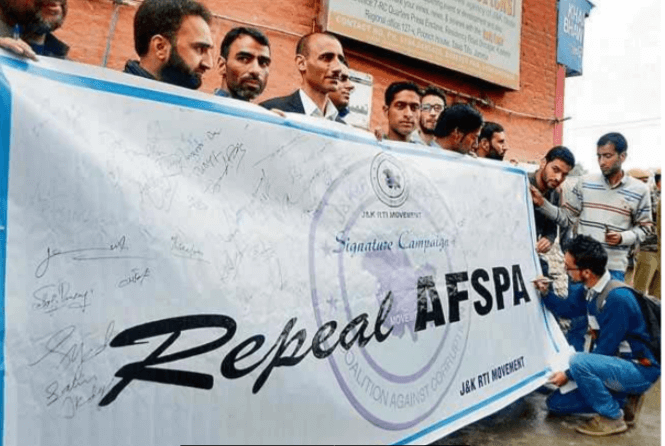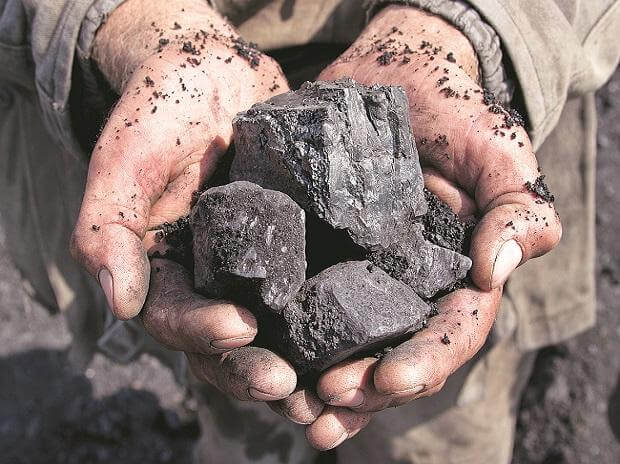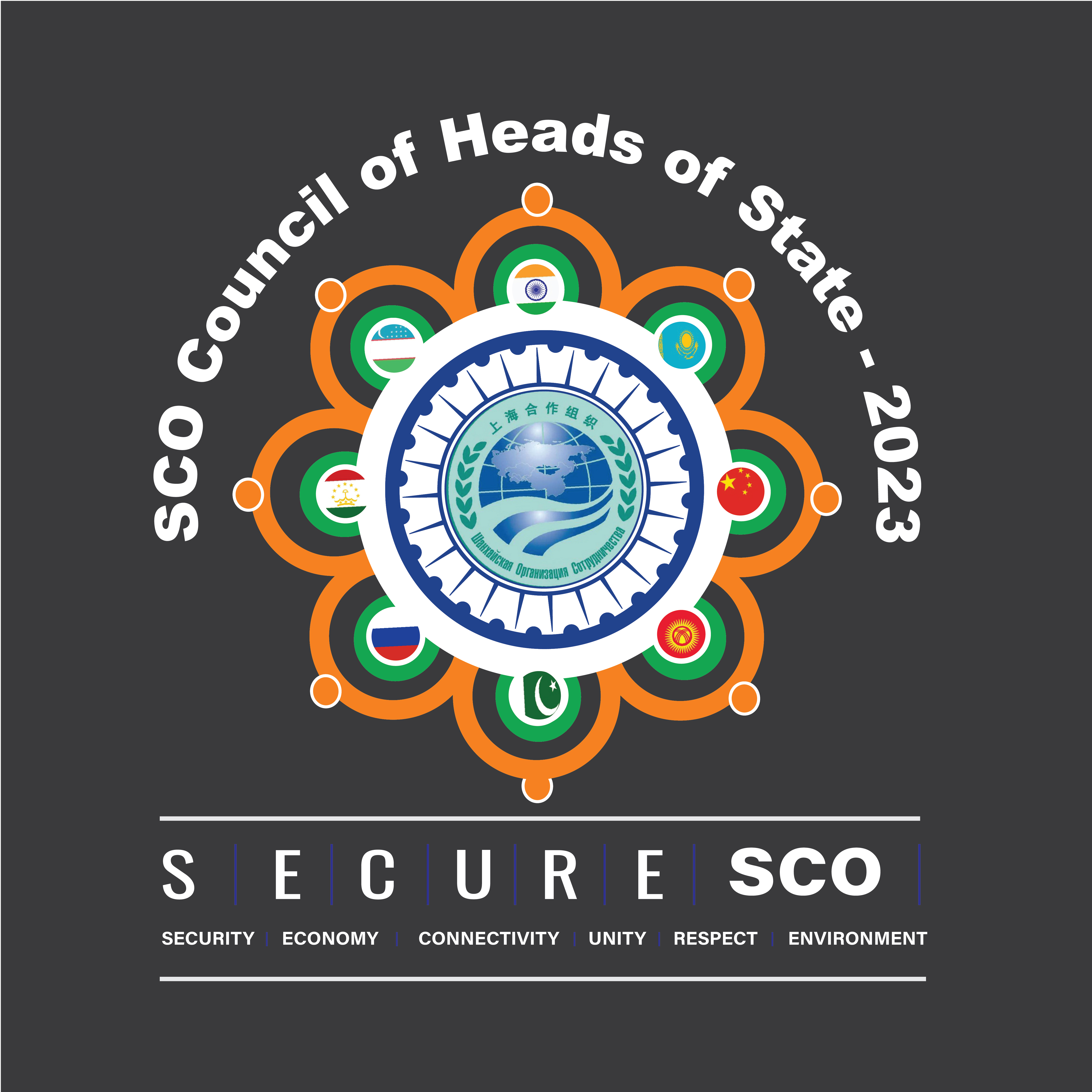Women’s bodies as battlefield: the case of violence on women in Manipur

Rushda Siddiqui
Social Science ResearcherAs videos and responses to the violence on women in Manipur surfaced in July, there was reinforcement of interest in debates around gender-based violence, particularly during social and political conflict. There was judgement and comparison around the subject, about who is a bigger victim. Is assault as heinous a crime as rape, or is it inevitable during conflict?
Till date, cases of rape and assault in similar situations in other parts of the country are being highlighted, as cases of crimes that have yet to see justice. The role of the police and the judiciary in dispensing justice to women who were raped during large scale violence, or even otherwise, have been brought back under the spotlight.
As the violence in Manipur continues, the video of women being paraded becomes important for multiple reasons. To begin with, the primary crime is the violation of human rights and dignity of a woman. Violation of physical and personal space without consent, particularly in a sexual form, needs to be understood as a crime. Sexual assault or abuse is unwanted sexual contact. In arguments regarding rape, assault is commonly understood as force or pressure (either physical or emotional) to get you to do something sexual. Rape is when someone forces or pressures you into having sex. For decades debate has centred around the gravity of assault to classify it as rape.
In cases of socio-political conflicts, the United Nations has a mandate to protect populations from sexual violence and to respond to the needs of survivors. UN Action Against Sexual Violence in Conflict (UN Action) is a network of 24 UN
entities, united with the goal of ending sexual violence during and in the wake of armed conflict. Working as one UN, UN Action aims to fill critical knowledge gaps, generate policy, guidance, and training materials to inform evidence-based prevention and response to conflict-related sexual violence (CRSV). UN Action developed a new Strategic Framework (2020 – 2025), focusing particularly on a comprehensive and survivor-centred approach to CRSV, with a renewed emphasis on prevention of CRSV, including addressing its structural root causes.
In Manipur where the assault video and other cases that are surfacing, highlight the nature of justification of the crime. The root cause is popularly touted as ‘revenge’. "Revenge rape" is a horrific act where sexual assault or rape is committed as a form of retaliation or revenge against another person or a group. It is seen as a justification for violating another person’s human rights. This particularly disturbing form of violence not only inflicts physical and psychological harm on the victim, but it also serves as a tool to exert power, control,
and humiliation over the victim and their community. Women who have spoken to the media about their assault in Manipur, repeatedly talk of a mob of men saying that they will do to these women what the men of their community did to the women of their community. The women who were paraded were being penalized for a fake story that was circulated about a Meitei girl being raped and killed by the Kukis.
The concept of power play in such cases, where the bodies of women are used as battlefields, are gradually becoming an accepted and integral part of ethnic, local and international conflicts. The modus operandi involves assaulting women and girls, or gang raping them and leaving them for dead after the attack. The justification is revenge.
Revenge rape can occur in various contexts. It is however most significant in social and political conflicts, they can occur en-masse in conflict zones, interpersonal disputes, or situations where one individual seeks to harm another person as an act of vengeance. All activists
and legal researchers emphasize that revenge rape is a serious criminal offense that is morally reprehensible and a violation of human rights. In socio-political conflicts, the concept of "bodies of women as battlefields" is a metaphorical way of describing the use of sexual violence against women as a tactic of war or conflict.
Recognition of sexual violence as a tactic of war has gained increased attention in recent years, leading to efforts to combat and prevent such atrocities. From Africa to Europe and Asia, the problem of using sexual violence as weapon has been acknowledged by governments and civil societies across the world. Various international treaties, such as the Geneva Conventions and the Rome Statute of the International Criminal Court, have provisions that address sexual violence as a war crime and a crime against humanity.
As a member of the UN, along with being a signatory to major conventions India too is bound to formulate legal and policy solutions to address the issue of sexual assaults during social and
political conflicts . After the gruesome rape and murder of Nirbhaya in 2012, Justice Verma’s recommendations brought the issue of rape by mobs, and men in uniform (under AFSPA) back to the fore. The Verma Committee recommendations included:
1. Expanding the Definition of Rape: to cover a wider range of sexual offenses, and to make the language gender-neutral so that both men and women could be victims.
2. Stricter Punishments: The committee recommended harsher punishments for sexual offenses, including rape, with the possibility of life imprisonment or even the death penalty in extreme cases.
3. New Offences: The committee suggested creating new offences such as stalking, acid attacks, and voyeurism, and recommended suitable punishments for these crimes.
4. Enhanced Punishment for Public Officials: The committee recommended that public officials found guilty of not acting on complaints of sexual assault should face disciplinary action.
5. Protection of Good Samaritans: The committee proposed that those who help victims of sexual assault should be protected from any legal action if their actions are in good faith.
6. Police Reforms: The committee highlighted the need for police reforms to make the police force more sensitive to victims of sexual assault and to ensure that cases are investigated properly and impartially.
7. Fast-Track Courts: The committee recommended the establishment of special fast-track courts to expedite trials in cases of sexual assault.
8. Legal Reforms: The committee suggested a range of legal reforms to ensure that victims are treated with dignity during the legal process and that their rights are protected.
9. Education and Awareness: The committee emphasized the importance of education and awareness campaigns to change societal attitudes towards women and to prevent sexual violence.
The recommendations were widely discussed and the Criminal Law (Amendment) Act, 2013, commonly known as the "Nirbhaya Act," incorporated many of the committee's suggestions. It was recognized that women needed more than physical treatment, post assault, and policies were made to provide counselling and psychological help to the survivors. This and components of education and awareness were in line with the UN guidelines on the subject.
The impact of the recommendations have been visible in the case of Manipur, as civil society demanded physical, psychological and economic welfare of the survivors and their families. All laws regarding rape, sexual assault or harassment focus on penalizing the culprit, but the issue of welfare and well-being of the survivors or their families is never taken into consideration. Verma committee’s idea of a fully equipped crisis centre, that provided complete healthcare, was the first step towards recognizing the human rights of the survivor to live with dignity.
Manipur violence has also brought the issue of re-habilitation of survivors of sexual assault as well as the issue of police and administrative reforms to the fore. The civil society is aware that a series of memorandums seeking compensation and economic rehabilitation of the survivors, may not be a war they may be able to win. They are however more hopeful regarding police and administrative reforms.
The women in the video underwent the horrific assault on the 4th of May, a zero FIR was registered two weeks later, and written complaints to the National Commission for Women were filed simultaneously. When the video went viral on the 19th of July, the police had still not converted the zero FIR to a regular one, the NCW had not taken any action even after receiving the complaint 38 days earlier. It took a public outrage for the police to register an FIR, investigate and arrest some of the accused. The NCW is still to issue guidelines regarding compensations and safeguarding the well-being of women.
While the battle for legal measures and securing safeguards from the government continues, the need to educate society about the human rights of women, violation of their personal space and consent is urgent. What begins as a minorpatriarchal problem of domestic violence gets normalised and with time social violence on women too gets normalised. Measures to counter violence on women need to involve strengthening legal frameworks, increasing awareness about the issue, promoting gender equality, providing support and resources to survivors, and working to change societal attitudes that perpetuate violence against them and other marginalised groups. A good first step would be to acknowledge that patriarchy is so deeply entrenched in our society that indoctrinated women feel justified in violence perpetrated on women. As a society, we will need to educate our coming generations about the illegality and immorality of such violations. We will need to go beyond campaigns and include the subjects in our school curriculum.
(Views Expressed are personal)






